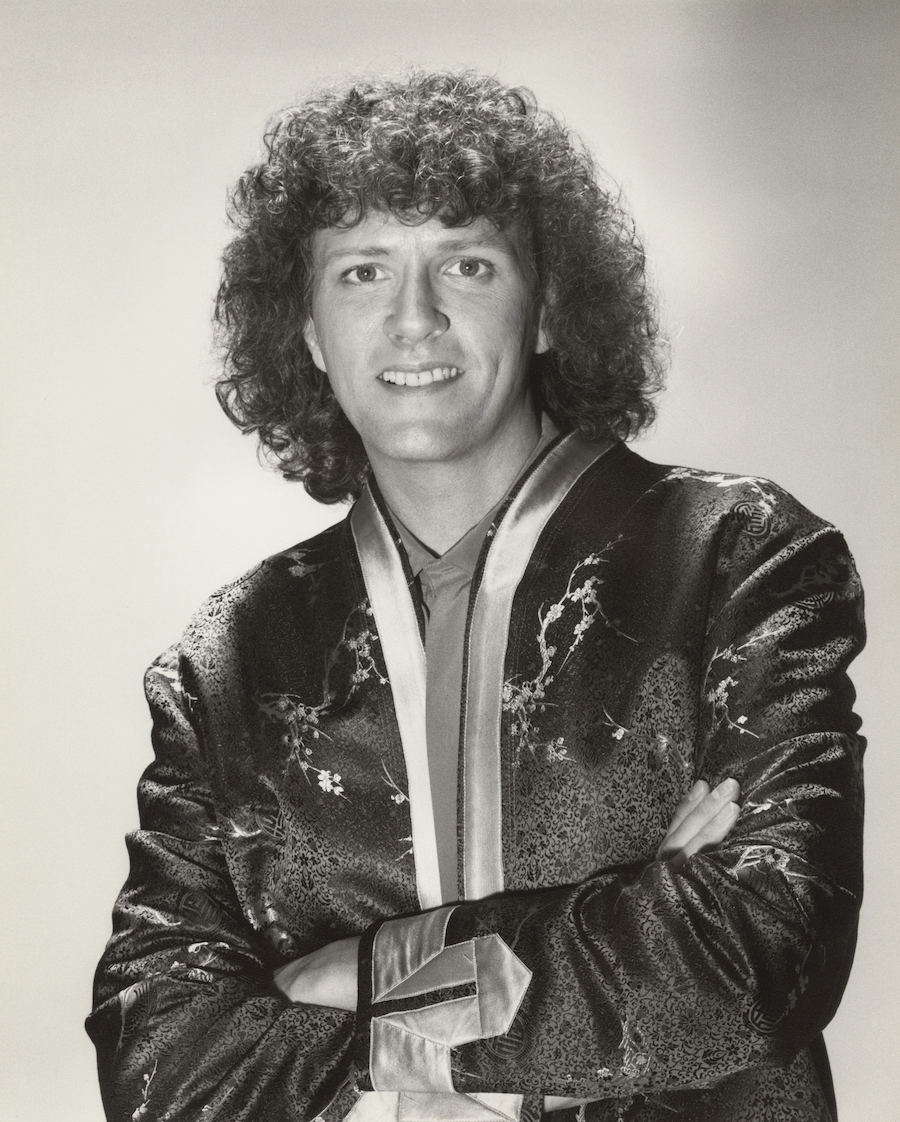American Buddhism
What is American Buddhism?
With words by Rama:
“Career is yoga. Career is the Buddhist practice. I can think of nothing that is more so because it is what we do with our lives, and if we make that a spiritual thing, the thing that gives us energy and enlightenment, then enlightenment can’t be very, very far off can it? Career is one of the pathways to enlightenment…
…I think if you combine the experience of career and daily life with meditative practice and study with an enlightened teacher, I think while it’s more difficult initially than going into the, you know, supportive environment of the monastery, you will progress faster.”
Rama, Dr. Frederick Lenz

Buddhism in the Far East and in the West
American Buddhism is a new form of Buddhism and it is a little different from the practice in the Far East. In the Far East, Buddhism is usually practiced in a monastery.
There are certain challenges that you face living in the world, certain difficult situations that you deal with that you don’t deal with in a monastery. One can advance faster outside of the monastery by follwing a tantric path. If you use the experiences of daily life to advance yourself, that’s tantra. Tantra is the form of Buddhism and yoga in which not only is the kundalini released through chakra meditation, but daily experiences are used to advance oneself.

Career Success
“You can just sweep the floor generally and gain nothing from it. Or you can sweep the floor intelligently. You can figure out the best way to sweep the floor, put your power into it, use it as a concentration exercise, be meditative about it. There are lots of things you can do with any task. Each time you do something in a clear, sharp and definitive way, you are using the higher mind. When you find a new way to do something, you’ve reached up into the intuitive levels of the astral, and you’re creating on a higher level. Most people don’t do that, they just stumble along. They want to get out of work as fast as they can. They want to make maximum money for minimum output, and that does not result in a happy life.”
Rama, Dr. Frederick Lenz

Computer Science
The computer world is a fine place for spiritual seekers to be. Because the mind-set that it takes to use computer technology is the Zen mind. It’s very similar. In other words, as you meditate, your mind changes in specific ways, and those ways are perfect for people who program computers and work in the computer field.
Computer science advances you. It advances your mind in tandem with meditation. It’s a very powerful, very potent way to free yourself materially and to advance yourself spiritually.

About Rama
In his 20s, he had studied with an Indian teacher. In the early 1980s, as his spiritual studies deepened he felt that he needed to start his own teaching program and formed his own school “Lakshmi”.
He was a teacher of American Buddhism. He taught Buddhist principles and meditation to thousands of people. His core teaching focused on the practice of meditation, mindfulness, the enlightenment of women. Rama believed that with a strong meditative practice, his students could live and work in the world, practice mindfulness, advance their lives, aide others and achieve spiritual and material success.
“There are millions of little opportunities out there to advance yourself. Everything in life is a pathway to enlightenment. But you have to have the personal power to see how to do it. You can know that as a theory, but it doesn’t mean you can do it.
The personal power comes from meditating in the morning and meditating in the evening, and if you have an enlightened teacher, of course, receiving instruction and empowerments. But then if you combine that with a career like computer science….or just use whatever career you’re doing – you will find that your practice will not be in any way, shape,manner or form less powerful or less effective than a person who lives in a monastery. Not only can you be on a par with them, but you might even excel because practice in a monastery can get one-sided.”
